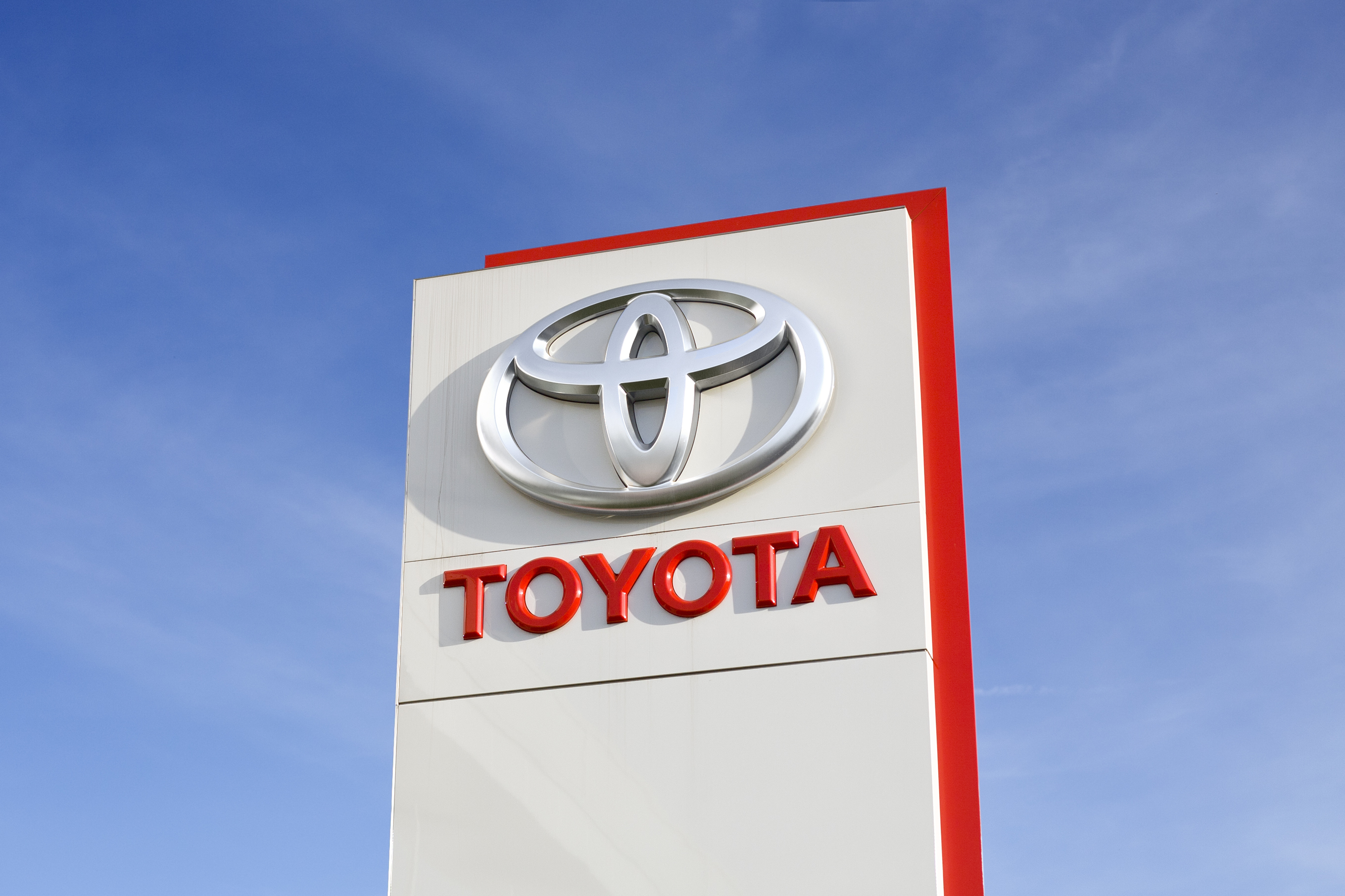In 2000, Toyota was at the cutting edge of automobile technology with its brand new hybrid Prius. Now, over 20 years later, Toyota – once the leader in climate friendly vehicles – is at the back of the pack and hiding behind the green vision they once led.
The fact is: a hybrid today is not green technology. The Prius hybrid runs on a pollution-emitting combustion engine found in any gas-powered car. Ironically, Toyota misleads about its existing Prius technology by borrowing electric vehicle descriptions: Toyota touts that the Prius is self-charging and that there is "no need to plug in."
But plugging in is essential for improving air quality and slashing climate pollution. As the transportation industry is the single largest source of greenhouse gas emissions in the US, we must accelerate the transition to electric vehicles (EVs). Rather than invest in EVs, though, Toyota is putting corporate profits and the status quo over tackling the climate crisis.
Founded in 1937 in Japan, Toyota is celebrating its 85th anniversary this month. And while many of Toyota's competitor automakers are releasing one electric vehicle after another and putting their money and workforce behind EV models, Toyota is behind the times. It is still hiding behind a decades-old definition of a “green” automaker built on outdated car technology and promoting an extended role for gas-powered hybrid vehicles over the long-term.
In fact, Toyota is actively blocking the transition to electric vehicles through its hardline stance and lobbying on a global scale against them. In just the past three years, Toyota lobbied against clean car regulations twice, once in 2019 and again in 2021. Toyota even refused to sign the global pledge made at the U.N. Climate Change Conference (COP26) in 2021 to phase out dirty, gas vehicles by 2035.
Yet even so, Toyota touts itself as the king of hybrids to bolster its so-called "green image” when, in reality, Toyota is the king of trucks and SUVs. At Toyota dealerships, the vehicles on display aren't Priuses, but Tacomas and Tundras. Toyota's first electric truck is expected to be the electric Tacoma, not to be released until 2024… at which point consumers could choose from a Tacoma EV, hybrid or gas truck.
Toyota could sell only electrified versions of their more popular models – competitors like Ford are selling out of their new all-electric trucks and SUVs within hours of offering pre-orders. Instead, Toyota is continuing to sell gas-powered hybrid SUVs but borrowing the language of electric cars, highlighting “range” and “charging” but failing to point out that their hybrids still require gas and cause enormous amounts of toxic air pollution.
Toyota has promised to release at least 30 EVs by 2030, but it only has the bZ4X for sale in the US – and it’s not even available right now. Toyota has promised to sell 3.5 million electric vehicles per year by 2030, but that would only account for one third of the company's current vehicle sales.
We've got news for you, Toyota: US consumers are showing that they are ready for plug-in fully electric vehicles. Electric vehicles aren't the future, they are the present.
In July, Bloomberg reported that the US just surpassed the "critical EV tipping point," meaning that five percent of new car sales are powered only by electricity. In 18 other countries, this statistic has been a key predictor of mass electric vehicle adoption. If this proves to be true in the US, a quarter of new car sales would be electric by the end of 2025. The question now is if Toyota is ready and willing to meet consumer demand.
Toyota is king only when it comes to dated hybrid cars and gas-guzzling trucks. But for millions of consumers who recognize the value of EVs, buying an electric vehicle from Toyota is not an option. Seriously, Toyota's only electric vehicle on the US market is the bZ4X and they can't even guarantee that the wheels won't fall off mid-ride.
Enough is enough. We need accountability now. As Toyota marks 85 years as a company, they need to remember how they got their “green image” in the first place – and live up to it.
Eighty-five years from now, electric vehicles will be around. Will Toyota?
